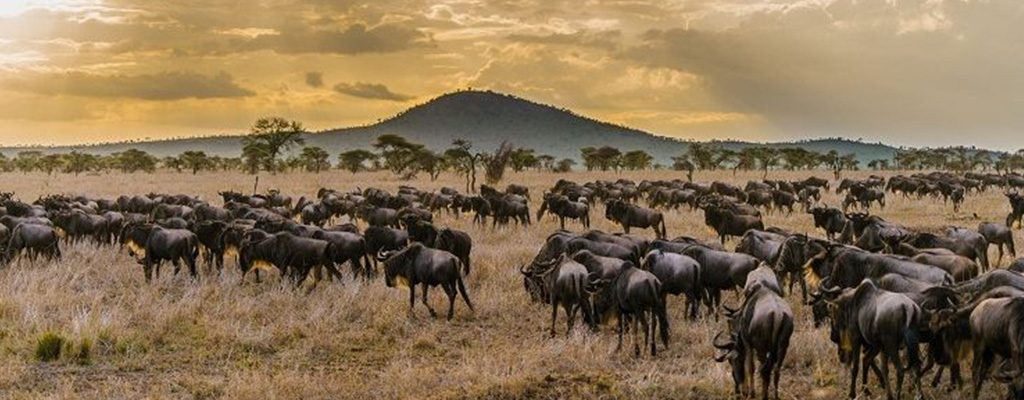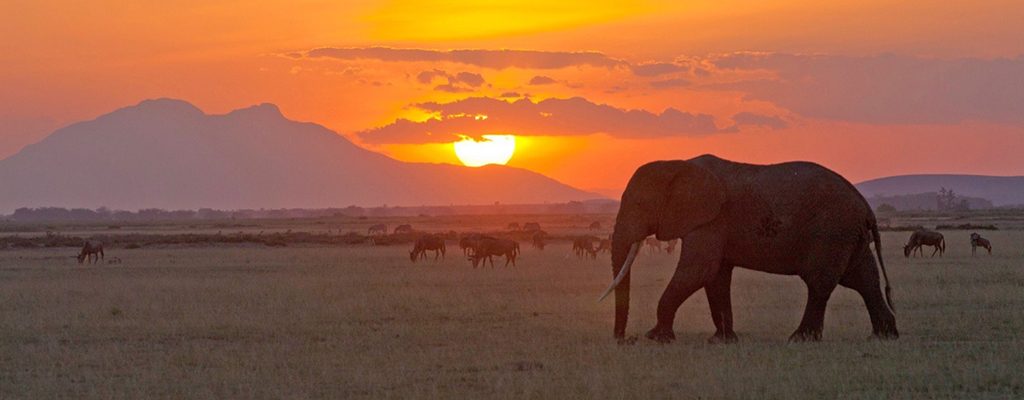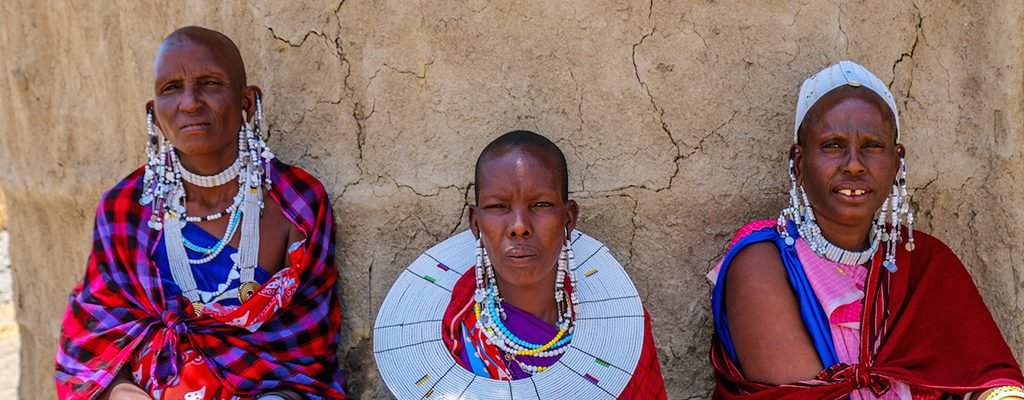Tanzania
Tanzania is a country in East Africa of unrivalled wildlife and beauty, with its on-going conservation and care of wild places with their astonishing variety of wildlife. The space in Serengeti, the wildlife in Ngorongoro, the freedom in Mahale Mountains, the welcoming Maasai people, the adventure in Nyerere national park, the tropical beaches and crystal clear waters of Indian Ocean, the feeling of being close to the origin of where we come from, the simplicity of life and the adventure.
Tanzania invites you to the space and freedom of Africa’s wild places , travel in vehicles, get you on foot, take you to shaded and peaceful campsite, glide on the golden grassy plains, meander on rivers and lakes, challenge yourself to Africa altitude and see quality wildlife. Tanzania will brings back a sense of excitement and wonder at being in the wild.
Tanzania have the most substantial large mammal population left in any nation on earth, and very probably the most beautiful legendary landscape within which to enjoy them, to add more Tanzania is a stable, orderly and safe country without ethnic or religious bios. A country of kind, friendly, welcoming people. A people of great cultural diversity eager to share the natural treasure with visitors from all the corners of the world. It has healthy climate of cool nights and warm sunny days, and the tropical sandy, palm fringed beaches are cooled by balmy onshore trade winds.
For travelers, nowhere in Africa can so completely satisfy the wander lust of those seeking adventure, solitude, beauty and wildlife in one destination, Mountains, Plains, forest, Rivers, Lakes, Beaches, woodlands and wildlife large and small.
The country also has accommodation and facilities for every test from luxurious, hotels, lodges, and tented camps to a simple sleeping bad and stars.

TIME
Tanzania is three hours ahead of Greenwich Mean Time (GMT+3). It doesn’t operate daylight saving time, hence there’s no time difference between their summer and winter months.
HEALTH IN TANZANIA
Tanzania is a tropical country and vaccines are sensible (typhoid, polio, tetanus and yellow fever). Malaria is common and occurs all year round; you must take anti-malarial measures, especially in areas below 1800m! Always check the latest recommendations with your clinic or doctor – more travel info on Tanzania is provided by the In Tanzania, HIV infection rates are high; AIDS is prevalent here. This isn’t usually an issue for visitors, but they should be aware of the situation, and take the same sensible precautions to avoid infection which are wise in most countries. We understand that blood supplies used by the private hospitals in Tanzania have been carefully screened for many years.
LANGUAGE IN TANZANIA
Kiswahili and English are the official languages and spoken by most people living in Tanzania; as well as this, there are many ethnic groups, speaking localized languages and dialects. Try to learn some basic Kiswahili before you go, to help you enjoy your trip more!
TAKING CHILDREN TO TANZANIA
A few of Tanzania’s safari camps are suitable for children, others aren’t; Tanzania’s beach destinations are generally very good for relaxed family getaways. For detailed advice, call our expert team, or see our ideas for family holidays in Tanzania.
CLIMATE
Tanzania has a tropical climate along the coast but is more temperate in the highlands. Still, the range of temperatures in Tanzania is fairly limited and usually hot, running from 25-30°C (77-86°F) on the coast while the rest of the country apart from the highlands run from 22-27°C (71-81°F).holidays in Tanzania.
*April – mid-May = Long rains (Green Season)
*June – September = Cool season
*November – December = Short Rains
*October – March = Hottest season

WILDLIFE
With 22 national parks, several game reserves and 40 conservation areas dotting the landscape, nearly 40% of Tanzania’s land area has been designated for protection. This makes Tanzania a great place to view the nearly 400 species of mammals, over 1,100 species of birds, 275 species of reptiles and 130 species of amphibians, some of which can be seen nowhere else in the world. It is said that one fifth of Africa’s large mammals reside in Tanzania. Combine this with the Tanzanian government’s leading approach to conservation and you have one of the most sought-after ecotourism destinations in the world.

PEOPLE
Tanzania has a population of around 47.6 million (UN, 2012). Native Africans constitute 99% of the population, including some 120 distinct ethnic groups, none of which represent more than 10 percent of the population. Tanzania’s settlement began with the original Bantu settlers from southern and West Africa, but its location on the Swahili Coast meant it also became a destination for Arab traders from Shiraz in Persia and Oman, as well as for traders from southwest Asia and India by 900 A.D. Later on, the Portuguese, Germans and the British all left their cultural mark before Tanzania gained its independence in 1961. Now, unlike in some African countries, most people here identify as Tanzanian first and foremost, as opposed to their tribal affiliation.
SECURITY
In 2014, well over a million people visited Tanzania from all over the world. A member of the East African Community and a regular United Nations contributor, Tanzania is a politically stable, democratic country. Most Tanzanians are warm-hearted and generous people who are eager to help visitors experience their homeland. There is a thriving hospitality scene run by Tanzanians, expatriates and foreign investors. Most accommodations have watchmen and in coastal areas or on the islands, Masai warriors often keep lookout for seaside resorts. However, whenever you travel, a little common sense goes a long way. Keeping valuables in the hotel lockbox and not walking alone at night — whether you are in the city or in the bush — can help ensure a safe and pleasant visit.
